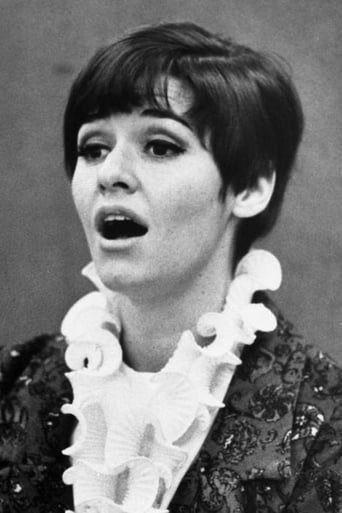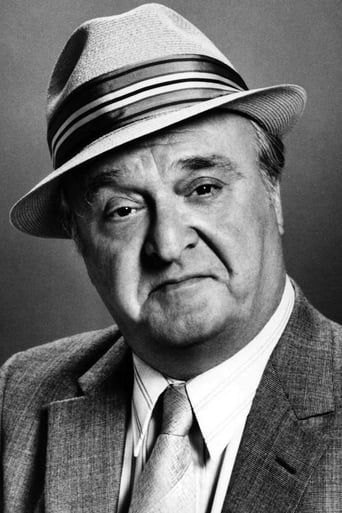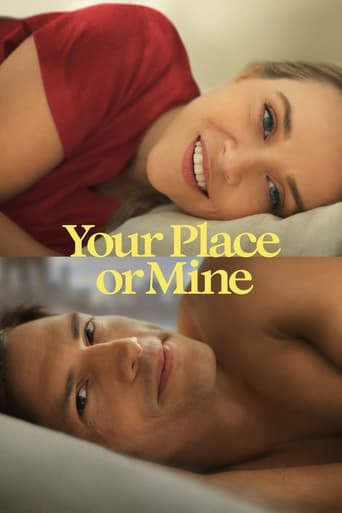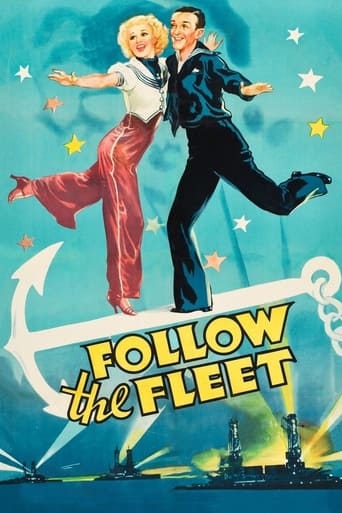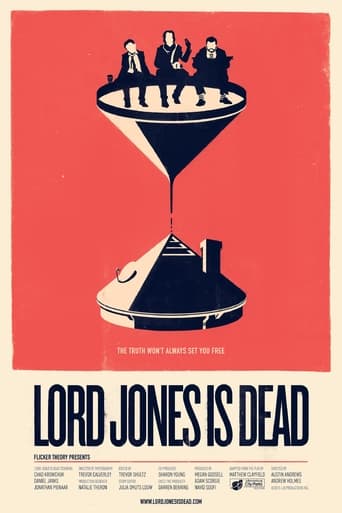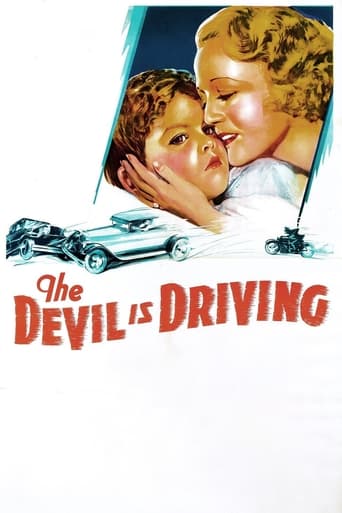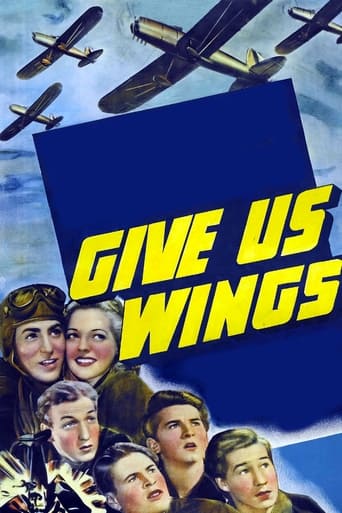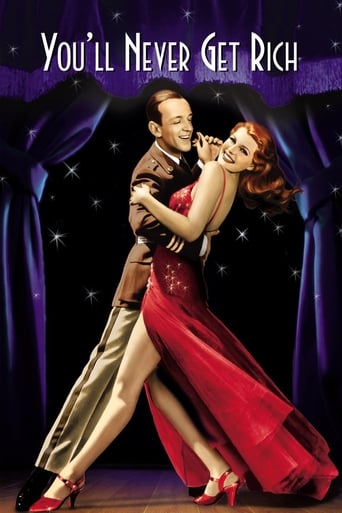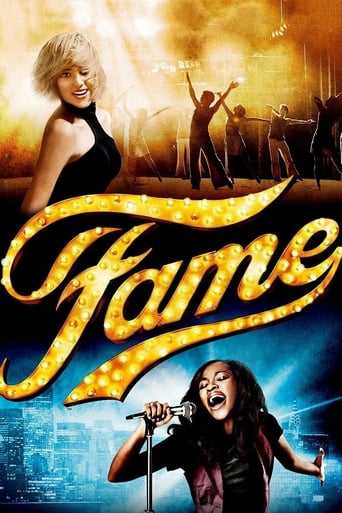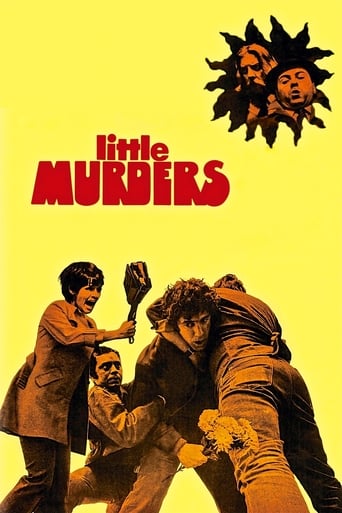
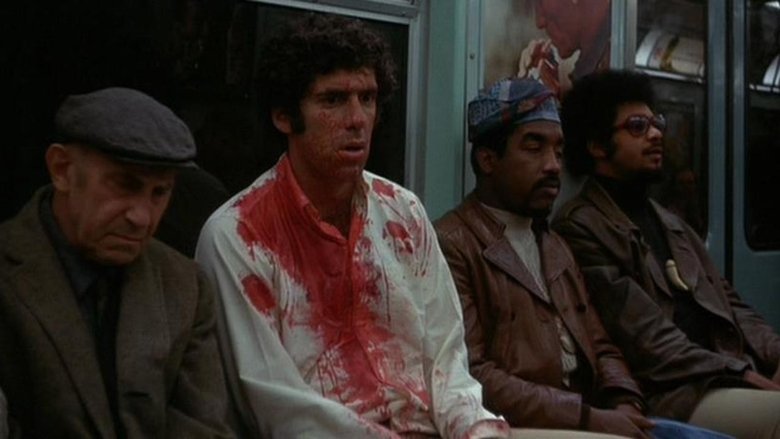
Little Murders (1971)
A young nihilistic New Yorker copes with pervasive urban violence, obscene phone calls, rusty water pipes, electrical blackouts, paranoia, and ethnic-racial conflict during a typical summer of the 1970s.
Watch Trailer
Cast


Similar titles
Reviews
I like the storyline of this show,it attract me so much
Overrated and overhyped
It's easily one of the freshest, sharpest and most enjoyable films of this year.
It really made me laugh, but for some moments I was tearing up because I could relate so much.
Comedy about how New Yorkers are coping with pervasive urban violence, obscene phone calls, rusty water pipes, electrical blackouts, paranoia and ethnic-racial conflict during a typical summer of the 1970s.So, this is the sort of film that has a good deal of long, boring parts, but is more than made up for by some of the incredible smart dialogue. Early on, we get a wise discourse about what to say if people are going to beat you up, and what they might assume you to be in return. This speech, by Elliott Gould, is brilliant.But even more brilliant, and the real highlight of the entire film, is a rambling sermon and wedding ceremony from Donald Sutherland, an "existential" minister. His rambling about "love" and "the deity" is not what you expect fro ma minister and this has to be one of Sutherland's greatest roles.
High-pitched black comedy which descends into hysteria by the end and, being overlong for its purpose, becomes something of an exhausting experience. While the connotations to the urban/social malaises being satirized are decidedly disturbing, the film is nonetheless anchored by an excellent script (Jules Feiffer adapted his own play for the screen – that same year, he would write CARNAL KNOWLEDGE which proved equally frank and perceptive of human relationships) and performances.Elliott Gould – one of the most representative actors of American cinema in the 1970s – is in typical unconventional hero mode (he had actually originated the role on the stage), while Marcia Rodd – who’s delightful – co-stars as his levelheaded girlfriend. Vincent Gardenia appears as Rodd’s human dynamo of a father, Lou Jacobi as a matrimonial Judge, Sutherland as a radical Minister and director Arkin himself as a seriously disturbed Detective. Given the latter’s acting background, it’s not surprising that he would choose to highlight just these aspects in his first feature-length stint behind the camera. The result, then, may be technically unfussy – though a happy exception is made with the inspired slow-motion depiction of Rodd’s shocking assassination. In view of the script’s prevalence for monologues, Arkin tends to favor long takes: especially effective are those delivered by Jacobi, Sutherland and Gould himself – when, immediately prior to the sniper incident, Rodd cajoles him into expressing why he “feels” the way he does i.e. apathetic (by his own admission) and which has reduced him to literally photograph excrement for a living! The contributions of the flustered Gardenia (the head of an eccentric family whose houselights are forever dimming), Sutherland (in the first of two re-unions with Gould, his co-star from M.A.S.H. [1970] – the wackiness of his appearance here reminded me of the actor’s bit as Jesus Christ in the anti-war drama JOHNNY GOT HIS GUN from the same year), Arkin (who, naturally, gives himself a brilliant paranoid speech – compounded by a stammer), Gould’s ultra-sophisticated parents (including John Randolph), and even an inveterate obscene telephone caller nicknamed ‘The Breather’ (with his sudden snapping to normality when informed of Rodd’s demise, thus giving himself away as a former beau of hers!) are extremely funny for those attuned to the film’s uniquely offbeat if melancholy mood. The surreal ending, then, sees Gould and Rodd’s family barricaded in their house and taking to indiscriminate sniping themselves! Incidentally, Fox’s DVD edition of this includes an Audio Commentary featuring Feiffer and Gould – which must be pretty interesting (for the record, I got hold of the film through ulterior sources).
Sort of like a manic cross between a pointless and overrated Harold Pinter play, Ken Russell (minus the sexual stuff), and farce. LM starts off rather badly, with the quasi-beating up of Gould by a group of punks (he should have had all of his bones broken by the time the "cavalry" arrived). Rodd comes down to his aid, but he just walks away, uninterested in helping her when they attack her. That absurd scene set the tone for the following 30 minutes which aren't that great, especially Gould's first encounter with Rodd's parents: that was embarrassing to watch, with rather bad overacting by most involved. Gould's character makes very little to no sense; even if this is meant to be a comedy, there has to be an underlying reality in the characterization for it to be funny/poignant/whatever, but there is barely any in his case. While the other characters are exaggerated, at least it is clear who and what they are meant to represent. This is not the case with Gould's character.Still, as mostly unfunny and absurd as the movie is, there are some highlights, such as Sutherland's wedding monologue, and then, later, Arkin's. The rest of the movie is an uneasy and mostly unsuccessful mix of comedy and drama (the toughest mix to achieve). The problem with the comedy aspect is that barely anything was funny. Some smile-worthy moments, but that's all. Not a good sign in a comedy. Semi-clever one-liners just aren't enough. Additionally, the movie was directed in such a heavy-handed manner that it can barely elicit any laughs or smiles. Arkin's direction is good, stylish even, but not appropriate for a comedy, not even for a heavy satire. Actors constantly shouting out their lines does not make the script any funnier. "Manic, loud humour" is old-fashioned and dull. The transition from farcical dialogue to the overly dramatic scenes of Rodd's murder and the scenes after it, simply does not work. Feiffer, the writer of this muddled script/play, was obviously highly dissatisfied with American society (as any self-respecting Left-winger has to be, the disappointment basically stemming from the fact that Marxism didn't prevail), and on the DVD commentary he says that in LM he was trying to show where America was going, and he concluded that America had now reached that point. Feiffer, the self-proclaimed Nostradamus! He also added that the movie wasn't just about New York and its violence (and other ills) but the country as a whole. There are, of course, HUGE problems with these statements/opinions.First of all, New York was as violent as it was back in the 60s and 70s mainly due to Feiffer's liberal friends, with their soft policies on crime and punishment. Feiffer is from New York, or so he says, but I find it hard to believe that he ever set foot there. After all, the DVD was released after Mayor Giullliani - a Repubican - had cleaned up NY, so what was this nonsense about America "getting there". New York is safer than it's been in many decades - no thanks to Feiffer's Leftist ways of dealing with crime (a slap on the hand for every hard criminal). Feiffer even comments that Gould and the misfit son (and even Gardenia) are victims of this awful, awful American society, hence that their lashing out by killing pedestrians, at the end of the movie, is "self-defence". No kidding, that's what Feiffer called it! That sounds just like the kind of idiotic drivel other leftists say when they try to justify terrorists as "freedom fighters".Secondly, how can anyone use New York - of all places - to portray the "state of the nation"?? New York is very atypical for most of the rest of the country, hence the film's message was doomed from the moment Feiffer decided to place the setting in NY. Perhaps Feiffer wasn't lying about having been born and having spent all his life in NY. And I mean, ALL HIS LIFE. Perhaps he never visited other parts of the States, hence so very naively thought NY was how it was in all of the 50 states. The moral of the story rings hollow. This seems to be yet another in a long line of scripts written by dissatisfied, neurotic liberals who could never get over the fact that America chose Capitalism over Socialism. Such people/writers have nitpicked through EVERY pore of American society, looking for the tiniest (and less tiny, more obvious) faults, while raising their hypocritical hands and shouting "see?? see?! I told you it was no good!". However, Capitalist America is still thriving so I have no idea what Feiffer is talking about. Sure, every society has its ills, but if someone is seeking for a perfect society then he'd be best served by taking heavy drugs and day-dreaming about Utopia, a non-existent place.Overall, a message (or messages) that holds no water in the real world, in a mostly unfunny comedy. Nevertheless, the movie is quite watchable. It is unpredictable and fairly interesting (aside from the first third).This movie is based on a play that flopped on Broadway. But LM is critical of U.S. society so obviously it was irresistible for Hollywood's producers and other "intelligentsia"...
Sutherland's wedding monologue is so delightfully inspired, it should be available SOMEWHERE on the internet via search engine, but since it is not, I have quoted Jules Feiffer's brilliant writing below. Remember this is supposed to be a marriage ceremony: Rev. Dupas (Sutherland): You all know.. why we're here. There's often so much sham about this business of marriage. Everyone accepts it: ritual. That's why I was so heartened when Alfred asked me to perform this ceremony. He has certain beliefs, which I assume you all know; he is an atheist, which is perfectly all right, really it is; I happen not to be, but inasmuch as this ceremony connotes an abandonment of ritual in the search for truth, I agreed to perform it. First, let me state to you, Alfred, and to you, Patricia, that of the 200 marriages that I have performed, all but seven have failed. So the odds are not good. We don't like to admit it, especially at the wedding ceremony, but it's in the back of all our minds, isn't it: how long will it last. We all think that, don't we? We don't like to bring it out in the open, but we all think that. Well I say, why not bring it out in the open. Why does one decide to marry? Social pressure? Boredom? Loneliness? Sexual appeasement? Love? I won't put any of these reasons down, each in its own way is adequate, each is all right. Last year I married a musician who wanted to get married in order to stop masturbating. Please, don't be startled, I'm NOT putting him down. That marriage, did not work. But the man TRIED. He is now separated, still masturbating, but HE IS AT PEACE with himself because he tried society's way. So you see, it was not a mistake, it turned out all right. Now, just last month I married a novelist to a painter. Everyone at the wedding ceremony was under the influence of an hallucinogenic drug. The drug quickened our physical responses, slowed our mental responses, and the whole ceremony took two days to perform. NEVER have the words HAD SUCH MEANING. Now THAT marriage, should last. Still, if it does not, well, that'll be all right, for don't you see, any step that one takes is useful, is positive, has to be positive because it's a part of life, even the negation of the previously taken step is positive, that too is a part of life. And in this light, and only in this light, should marriage be viewed: as a small, single step. If it works, fine! If it fails, fine; look elsewhere for satisfaction. To more marriages, fine, as many as one wants, fine. To homosexuality? Fine! To drug addiction? I will not put it down, each of these is an answer for somebody. For Alfred, today's answer is Patricia. For Patricia, today's answer is Alfred. I will not put them down for that. So what I implore you both, Patricia, and Alfred, to dwell on, while I ask you these questions required by the state of New York to "legally bind you" -- sinister phrase, that -- is that not only are the legal questions I ask you, meaningless, but so too are the inner questions that you ask yourselves, meaningless. Failing one's partner, does not matter. Sexual disappointment, does not matter. Nothing can hurt, if you do not see it as being hurtful. Nothing can destroy, if you do not see it as destructive. It is all part of life, part of what we are. So now: Alfred. Do you take Patricia to be your lawfully wedded wife, to love -- whatever that means -- to honor, to keep her in sickness and health, in prosperity and adversity -- what nonsense! -- forsaking all others, -- what a shocking invasion of privacy! Rephrase that to more sensibly say, if you choose to have affairs, then you won't feel guilty about them. -as long as you both shall live, or as long as you're not tired of one another.. ? Alfred: Yeah. Rev. Dupas: And Patsy, do you take Alfred to be your lawfully wedded husband, to love -- that harmful word again, could not one more wisely say, communicate? -to honor,-- I suppose by that it means you won't cut his balls off, but then, some men like that! -to obey,-- well, my first glance at you, told me you were not the type to obey. So I went to my thesaurus, and I came back with these alternatives: to show devotion, to be loyal, to show fealty, to answer the helm, to be pliant. -General enough, I think, and still leave plenty of room to dominate. -in sickness and health, and all the rest of that GOBBLEDYgook, so long as you both shall live.. ? Patsy: (confused, speechless.. finally stammers:) I do. Rev. Dupas: Alfred and Patsy, I know now that whatever you do.. will be all right.Rev. Dupas: To Patsy's father, Carroll Newquist -- I've never heard that name on a man before, but I'm sure it's all right -- I ask you sir, feel no guilt over the $250 check you gave me to mention the Deity in the ceremony. What you have done is all right. It's part of what you are, it's part of what we all are. And I beg you not to be overly perturbed, when I do not mention the Deity in the ceremony. Betrayal, too, is all right, it too is part of what we all are. Rev. Dupas: And to Patsy's brother, Kenneth Newquist, with whom I had the pleasure of a private chat, I beg you feel no shame, homosexuality is all right, really it is.. it is perfectly all right.. Kenneth Newquist: (screaming) Sonovabitch!! Aarrggghh!! (assaults the minister.) (Marriage ceremony descends into a brawl.)



